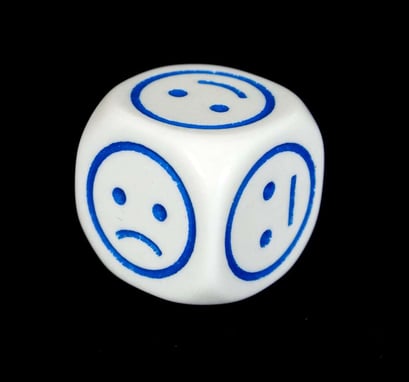
“We laugh so we don’t cry.”
Gallows humor is a solid coping mechanism when things aren’t going as well as we think they might.
We see some of that now as we globally deal with COVID-19. It’s probably also the reaction a lot of people had when they saw the return of the @EpicEMRparody account on Twitter. And, to be sure, there are some funny takes on one of the biggest players in the electronic health record (EHR) space.
But the more we thought about it, the more irritated – if not a bit mad – we became. We like to think we have a decent sense of humor so it’s not a matter of not appreciating the humorous side of what is, after all, a Twitter account.
Instead, what sticks in our collective craw is that medical professionals have to resort to Twitter to “joke” about the frustrations they have with a system that should be one of their greatest assets in treating patients and is, instead, a frustration for many.
And why do they have to turn to Twitter with this “satire?" Because the major EHR companies include non-disclosure language in service agreements that prohibit the healthcare professionals who use them from talking about them.
This isn’t new news and it's even more frustrating now than it was when the practice first came to light. Why? The Office of the National Coordinator for Health Information (ONC) Final Rule requires more transparency, less obfuscation and a general, across-the-board openness to sharing data.
People who use these systems should be allowed to talk about them – the good, sure, but especially the bad – so that the community can help to improve shortcomings that potentially affect patient outcomes.
Stymying the flow of that information is shameful. No joke.
